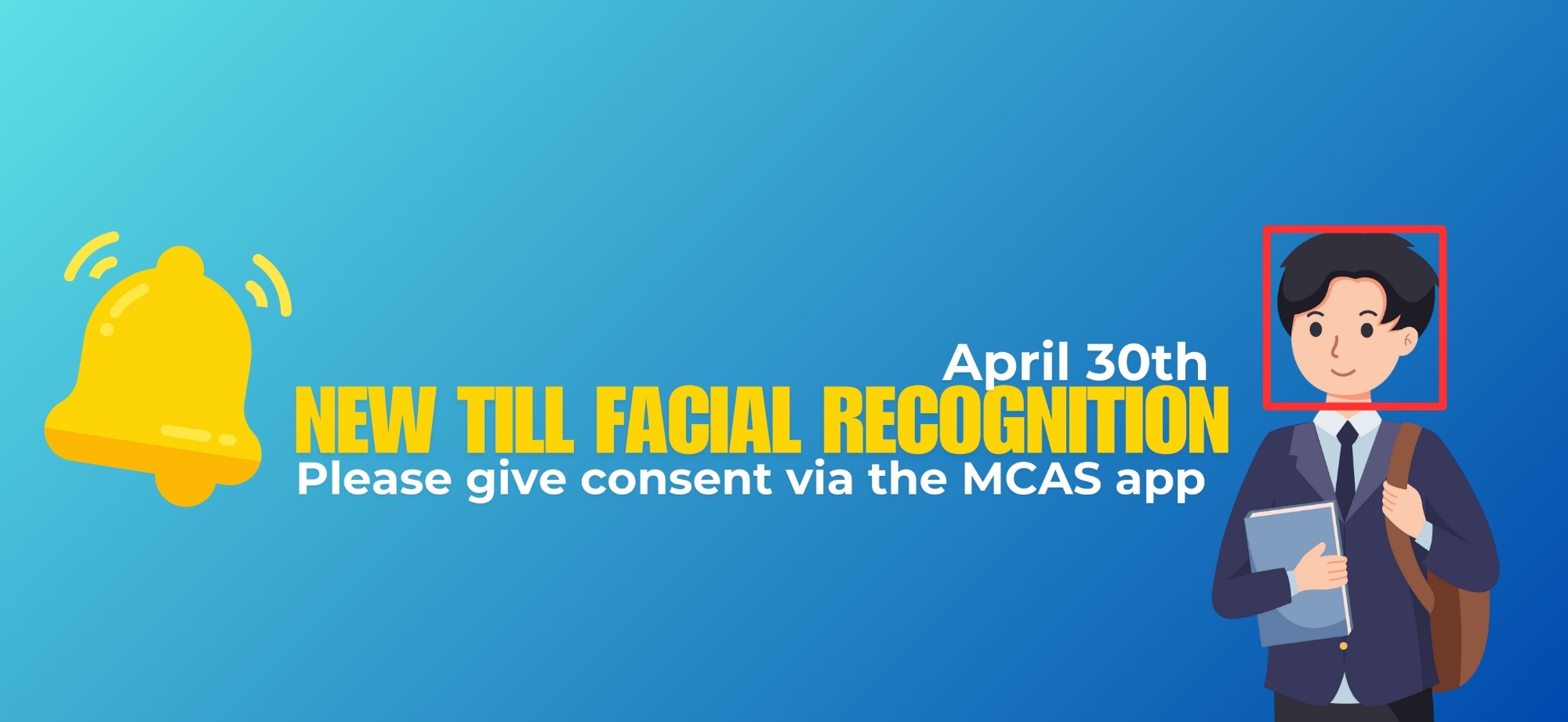KS3 Rationale
In Computer Science, students develop the ability to think logically in order to become better decision makers and problem solvers.
A high-quality Computer Science education ensures all students:
- Are confident and responsible creators and users of digital technology
- Are digitally literate and demonstrate the values of a good digital citizen.
- Can apply computational thinking strategies and techniques to problem-solving
- Are competent computer programmers who can apply basic programming constructs
Key concepts of Computer Science are:
- Abstraction - identifying and focusing on what’s important without necessarily worrying too much about detail.
- Decomposition - the process of breaking down a problem into smaller, more manageable parts, making it easier to solve.
- Pattern identification - identifying and spotting repeating patterns, or using prior knowledge, to solve a problem.
- Logical Reasoning - helps us consider and explain why something happens.
- Algorithmic Thinking - thinking in a sequence of instructions, or a set of rules, to solve a problem.
- Programming - the process of designing and writing a set of instructions for a computer in a language it can understand.
| Team Work | We understand the value of working together to make a positive contribution in each lesson. |
| Respect | We treat each other, and our equipment, with care and dignity. We are aware of our digital identity and consider our online, and offline, reputation. |
| Ambition | We set the highest expectations for ourselves. We take pride in our work and set high standards for each other. |
| Community | We contribute positively to the lives of others through the work we create and share. We demonstrate the values of a good digital citizen. |
| Knowledge | We are lifelong learners, striving for knowledge, and developing our skills for an ever changing digital world. |












